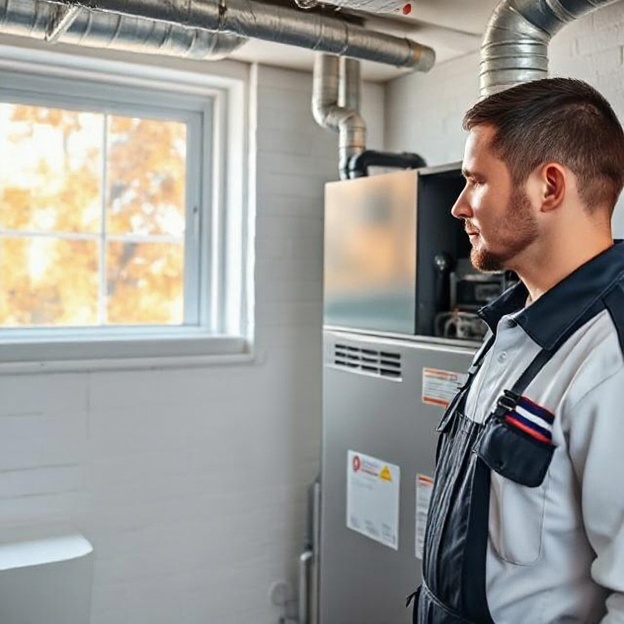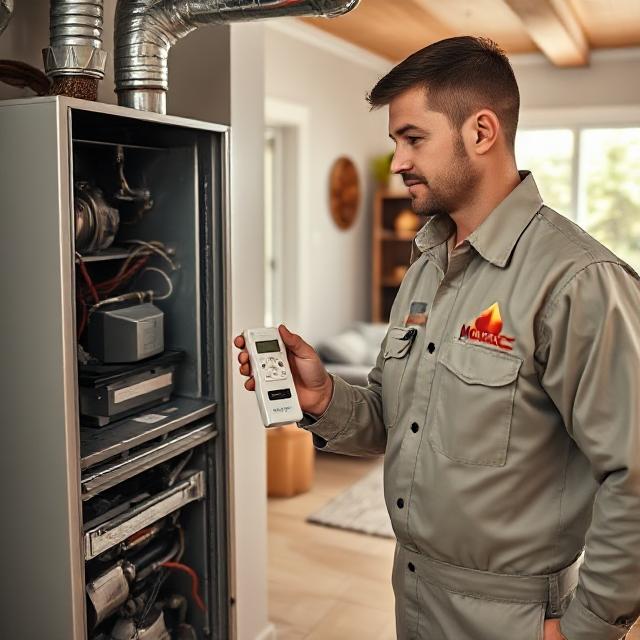
The #1 Reason to Schedule Fall HVAC Preventive Maintenance - Non-exclusive
Title:
The #1 Reason to Schedule Fall HVAC Preventive Maintenance - Non-exclusive
Description:
This non-exclusive blog article explains the top reason to schedule HVAC preventive maintenance in the fall: carbon monoxide safety. It educates readers on the dangers of CO exposure, outlines what a typical maintenance check includes, and highlights the benefits of seasonal service. Ideal for HVAC companies, property managers, and home service providers looking to inform and convert customers before winter begins. Fully customizable with room to add your company name, contact information, and local service details.
Want to make this your own?
This non-exclusive article can be customized for HVAC companies, property managers, apartment complexes, or maintenance service providers. Add your phone number, service region, company name, or include an emergency contact CTA.
Ideal for blog posts, seasonal newsletters, or customer education pages.
Included:
- 1 blog/article file (.docx format)
- Approx. 500 words
- SEO-friendly, with natural keyword inclusion
- Non-exclusive license (may be sold to other buyers)
Sample Excerpt:
Keep your customers safe this winter with this informative article on fall HVAC preventive maintenance. It covers the risks of carbon monoxide, what to expect during an inspection, and the benefits of early maintenance. Perfect for HVAC businesses or property managers wanting to educate their audience and encourage timely service calls.
As fall approaches and temperatures begin to drop, it’s the perfect time to schedule your HVAC system for seasonal maintenance. Why? Because fall HVAC preventive maintenance isn’t just about comfort—it’s about safety. The number one reason to inspect your heating system before winter is to reduce the risk of carbon monoxide exposure.
Carbon monoxide (CO) is a colorless, odorless, and tasteless gas produced by appliances that burn fuel such as oil, gas, or propane. If your furnace develops cracks in the heat exchanger, CO can leak into your home, putting residents and employees at serious risk.
License:
Non-Exclusive Use – You may use this content on your own website, blog, newsletter, or other digital property. However, it may be sold to multiple buyers. No reselling or redistribution of the article as-is.


